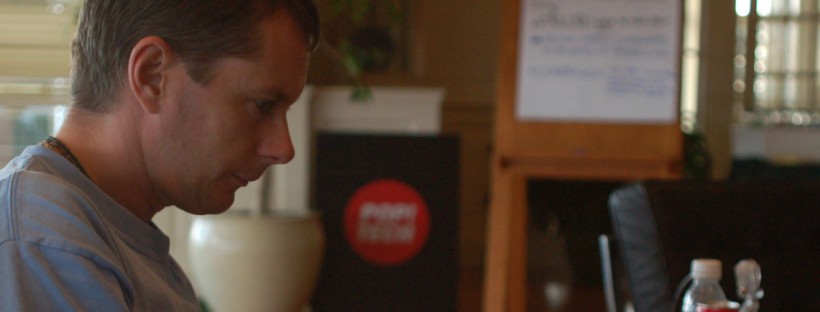Imagine your neighbour’s house is on fire, but you’re too busy scrolling through social media to call for help, or you just assume someone else will handle it. Scale that up globally, and you’ve captured how public apathy operates during major crises.
Public indifference isn’t just inconvenient – it can be deadly. When people mentally check out from global problems governments lose political pressure to act, funding disappears and windows of opportunity close. The psychology behind this is well-documented. Our brains respond more to individual stories than mass statistics. One child in a well captivates us. 25,000 children dying daily from preventable causes is easily filed away and forgotten.

The consequences can be devastating. During the 1994 Rwandan genocide, 800,000 people died in 100 days while public pressure for intervention remained virtually nonexistent. Climate change offers another stark example. Despite scientific consensus since the 1990s, Yale research shows only 8% of Americans are worried enough to take action, giving politicians cover to delay meaningful responses for decades.
History does, however, show that apathy can be overcome. Live Aid concerts in 1985 transformed abstract Ethiopian famine statistics into urgent, actionable concern for millions. The 2014 ALS Ice Bucket Challenge used social media to raise $115 million and massive awareness for a rare disease. Environmental movements have learned to make climate change feel local and immediate rather than distant and abstract.
The most effective strategies combine emotional storytelling with clear actions, make distant problems feel personal and local, and give people confidence their contributions matter. Youth climate activists like Greta Thunberg have been particularly successful at creating urgency around problems that for many seemed distant.
Breaking through public apathy isn’t about making people feel guilty, though. It’s about understanding human psychology and designing engagement accordingly. As global challenges intensify, overcoming indifference isn’t optional – it’s existential. The biggest problems facing humanity can only be solved when enough people decide it’s worth solving.
If you feel confused, angry, disenfranchised or simply frustrated at the state of the world, check out my new project, apathy to action. You are not alone.

